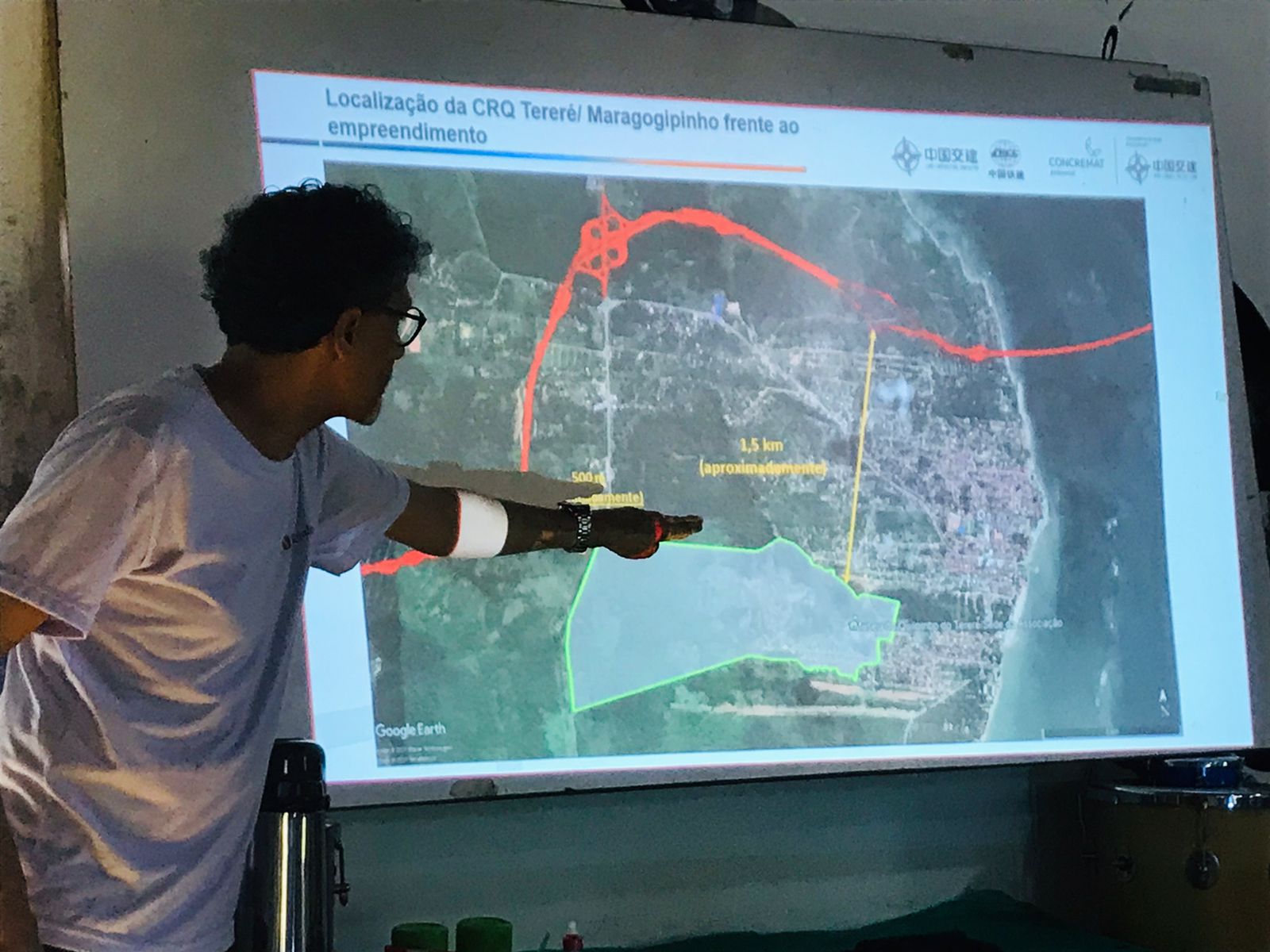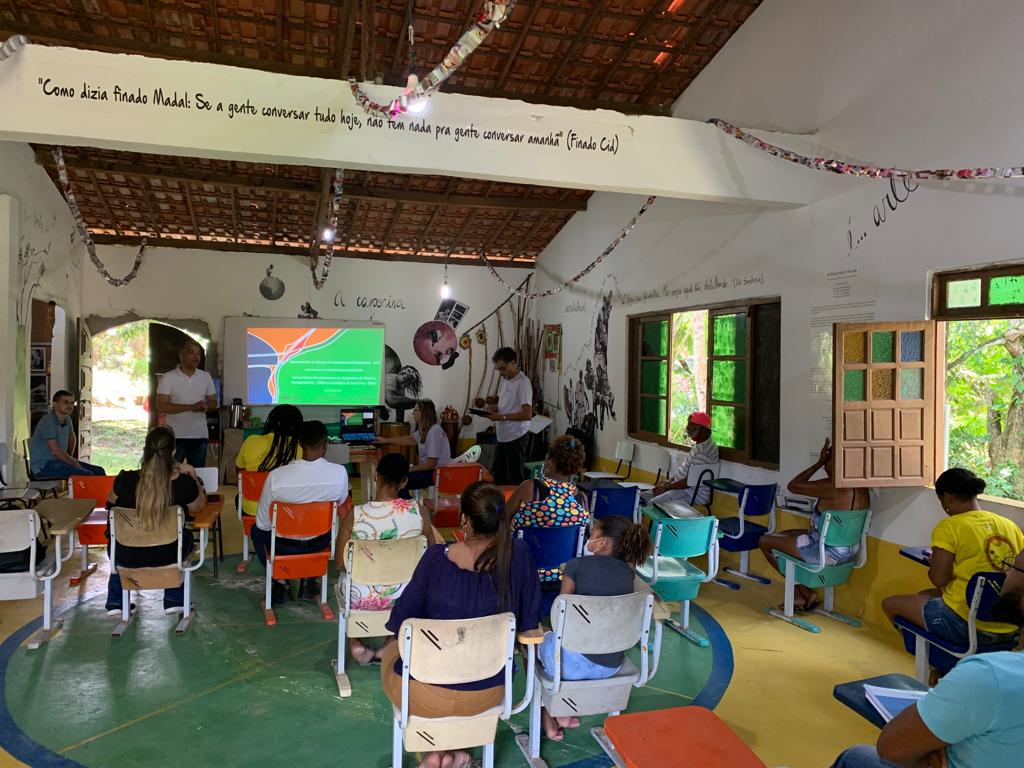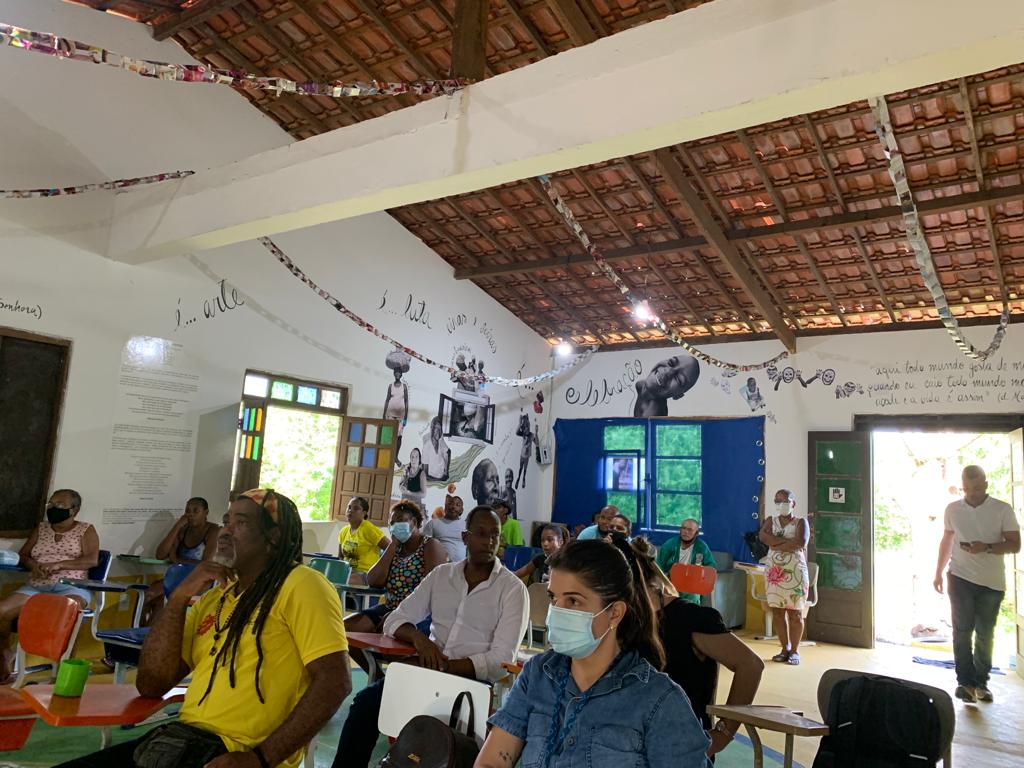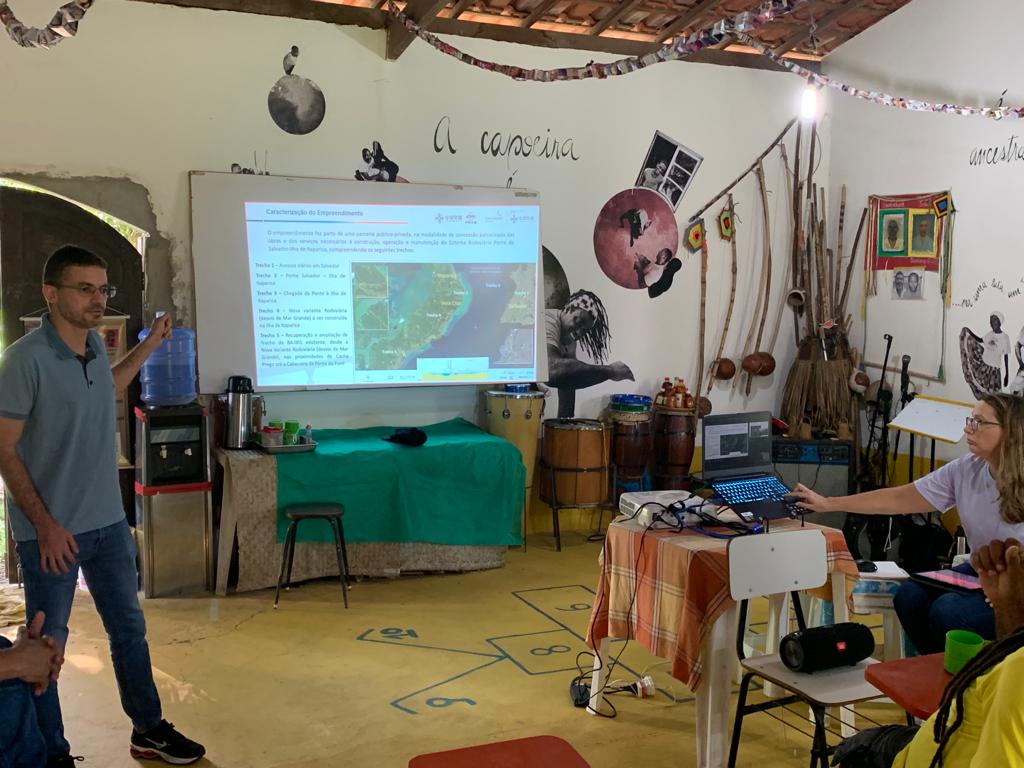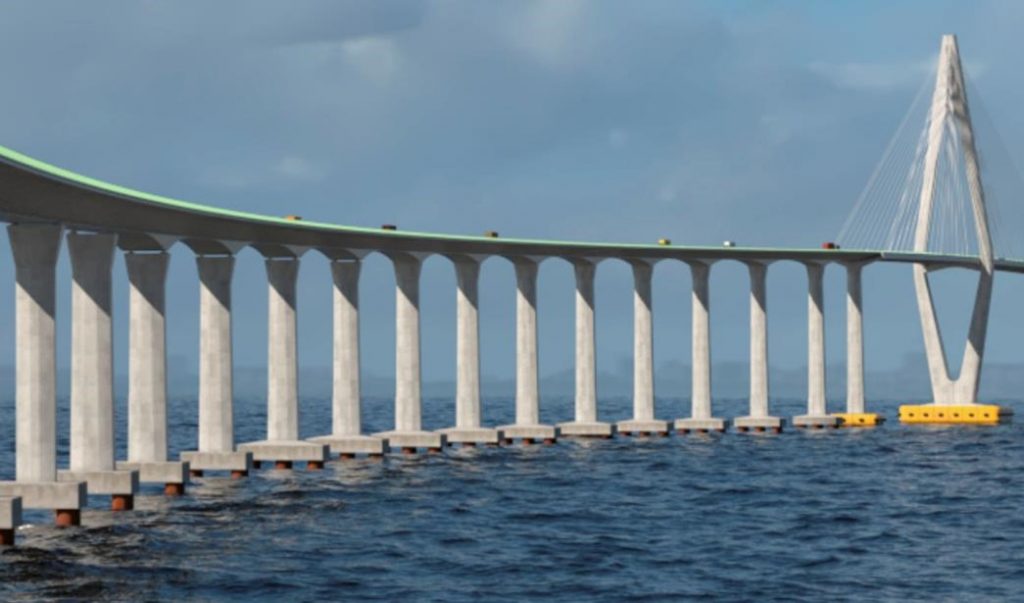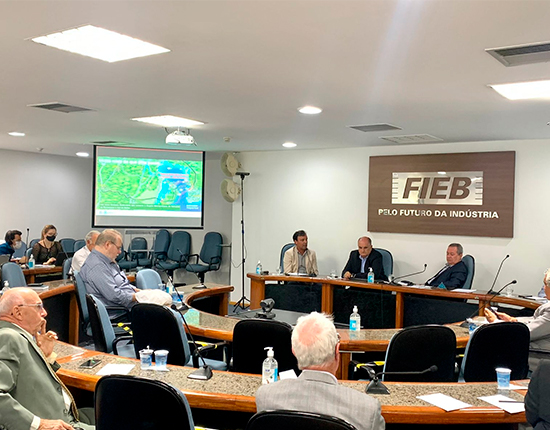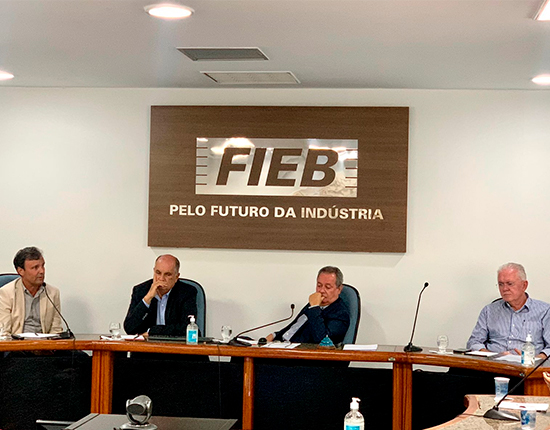The construction of the Salvador-Itaparica Bridge, a transversal vector of development in Bahia, promises significant benefits for various areas. Ambulances will now reach hospitals more swiftly, bypassing up to 280 kilometers of roads. Entrepreneurs are expected to invest in both the island and the Baixo Sul region, leading to job creation and increased income. Additionally, public security will receive a boost. Governor Rui Costa recently signed a contract with a Chinese consortium—comprising China Communications Construction Company (CCCC Ltd), CCCC South America Regional Company (CCCCSA), and China Railway 20 Bureau Group Corporation (CR20)—to undertake this transformative project.
The Secretary of State for Budget and Strategic Planning, Walter Pinheiro, emphasized that the project is more than just a bridge. It is a highway system. “It is important for the development of the Baixo-Sul (Deep South), for the issue of the BR 116, for the Eixo Oeste (west), for a whole freight and tourism route, for the development of the state as a whole”. Pinheiro also linked the Salvador-Itaparica Bridge to other major projects in the state. “We planned the key highways, the new bus terminal, and a whole process of growth in the development of the state. Now, the bridge is an integration of several cultural, tourist, economic factors and, above all, from the point of view of including a whole part of the State that has been isolated for many years”.
According to Fausto Franco, the Secretary of Tourism, the proposed bridge will be a boon not just for his department, but for the entire state of Bahia. “The bridge will be a game-changer, marking a pivotal moment in the state’s economic history. By spanning the Baía de Todos-os-Santos, it will significantly reduce the distance from the West, Baixo-Sul (Deep South) and South of the state to the capital”. Franco asserts that this will greatly enhance connectivity with the capital for tourist developments, not just on Itaparica Island, but also in Baixo-Sul (Deep South) and the South of the State. “I’m in daily contact with international businessmen who, encouraged by the imminent reality of the bridge, have already started investing in land. This will lead to job creation and income generation, tapping into the vast potential of the region.”
Franco emphasizes that the bridge will draw a large crowd, eager to explore Salvador, Itaparica Island, and other areas. “This is a great opportunity, arriving in Salvador on this great postcard that will be the bridge, seeing sights such as the Elevador Lacerda (Lacerda Elevator), the contrasting views of the upper and lower city, the numerous churches, the Forte de São Marcelo (São Marcelo Fort), the Farol da Barra (Barra Lighthouse), and the ships passing underneath.
Maurício Barbosa, the Secretary of Public Security, underscored that the bridge will enhance the security of the island’s residents and those in Baixo-Sul (Deep South). He gave an example of ATM robberies in the region, stating that the bridge would facilitate quicker deployment of the BOPE, eliminating the need to wait for a ferry crossing. “The bridge brings with it improved security. We are already in talks with several municipalities, including Vera Cruz and Itaparica, all of which will be directly affected. We will need to bolster our security measures to contribute to the economic growth of our state”.
(Source: Secom/Governo do Estado)
